Ingredients:
Adzuki beans, coix seeds (job’s tears), barley, five-finger fig roots, dandelion (herb/root), dried tangerine peel, lotus seeds, Chinese yam (dioscorea), wolfberries (goji berries), Gordon euryale seeds (qian shi), poria (poria mushroom)
Introduction:
It helps dispels dampness and reduces swelling (a key TCM benefit—”dampness” refers to an internal imbalance that may cause water retention, bloating, or feelings of heaviness; this tea supports the body in eliminating excess moisture and alleviating swelling), and supplements vitamins B and C (provides essential B-complex vitamins and vitamin C to support overall bodily functions, such as energy metabolism and immune system health).
Key Terminology Notes:
- Five-Finger Fig & Poria Tea: Named after the two signature ingredients—”Five-Finger Fig” (the common English name for Five-Finger Fig ,referring to its finger-like root shape) and “Poria” (the standard English term for Poria)—following a clear, ingredient-focused naming convention for TCM herbal teas. “Tea” clarifies it as a herbal infusion, not traditional tea leaves.
- Dispels dampness and reduces swelling: A precise translation of the TCM concept . The term “dampness” is retained with a brief explanation, as it is a core TCM pathological concept (unfamiliar to most Western audiences) linked to symptoms like water retention and sluggishness. This ensures the tea’s key TCM benefit is accurately conveyed.
- Coix seeds (job’s tears) / Gordon euryale seeds (qian shi): For less widely recognized TCM ingredients, the standard English botanical name is paired with the Pinyin (e.g., “qian shi”) to aid identification. “Job’s tears” is the common English nickname for coix seeds, making it more accessible to Western audiences.
- Dandelion (herb/root): Specifies “herb/root” because dandelion’s aerial parts (herb) and root are both used in TCM herbal preparations, covering potential variations in the tea’s formulation.
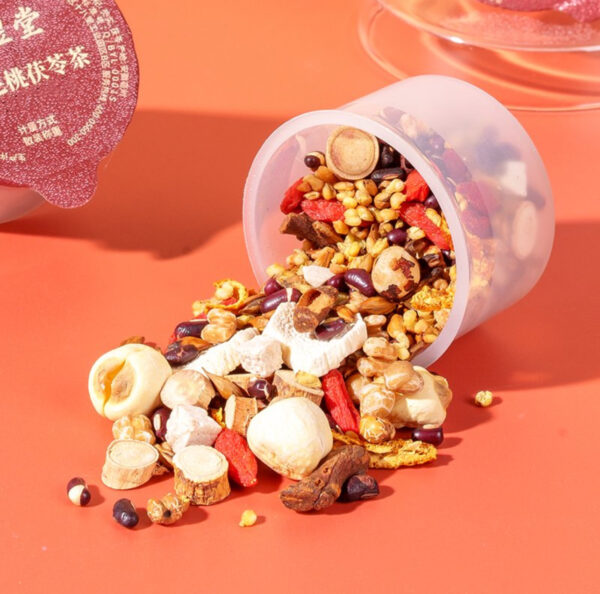

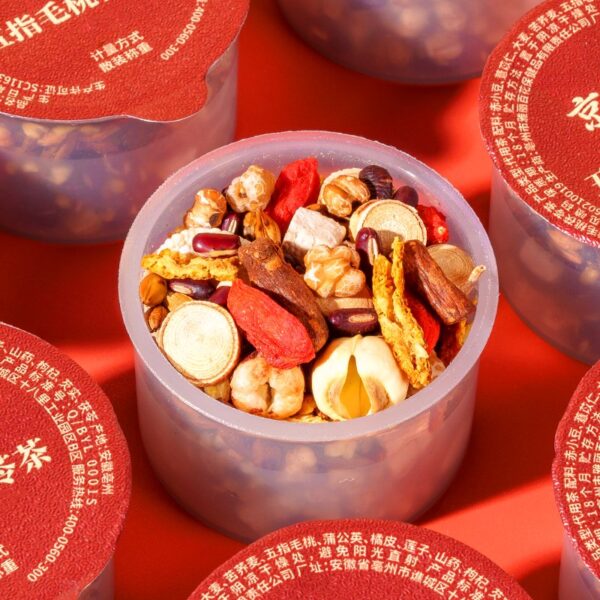
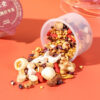
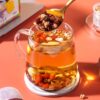
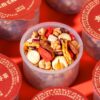
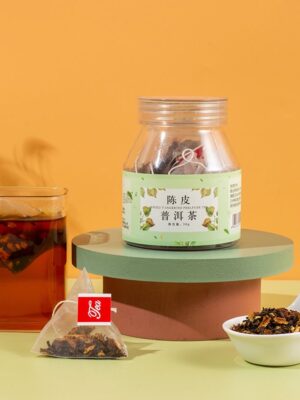
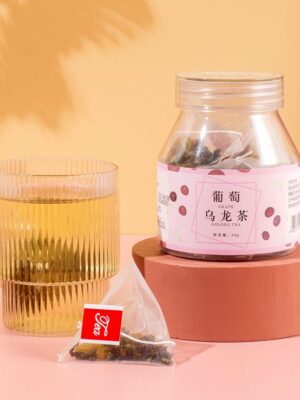
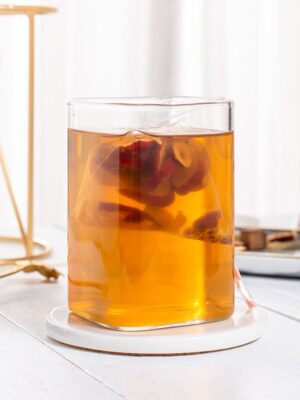
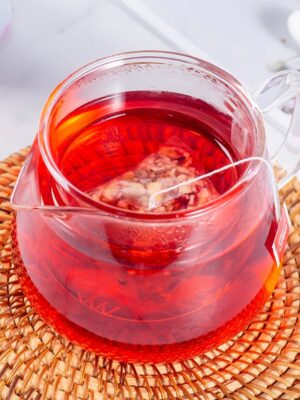
Reviews
There are no reviews yet.